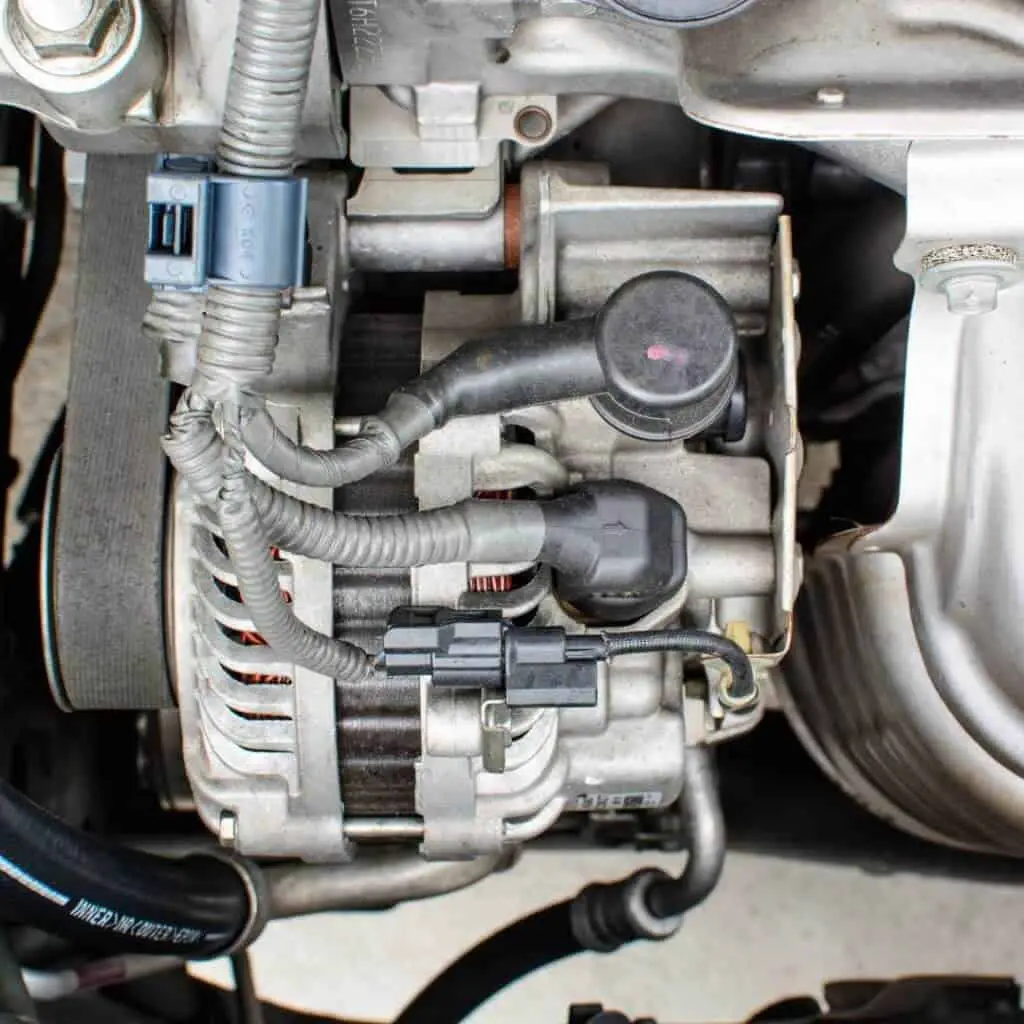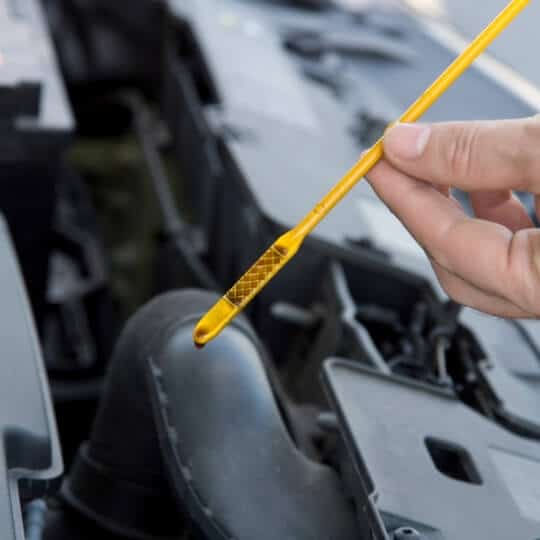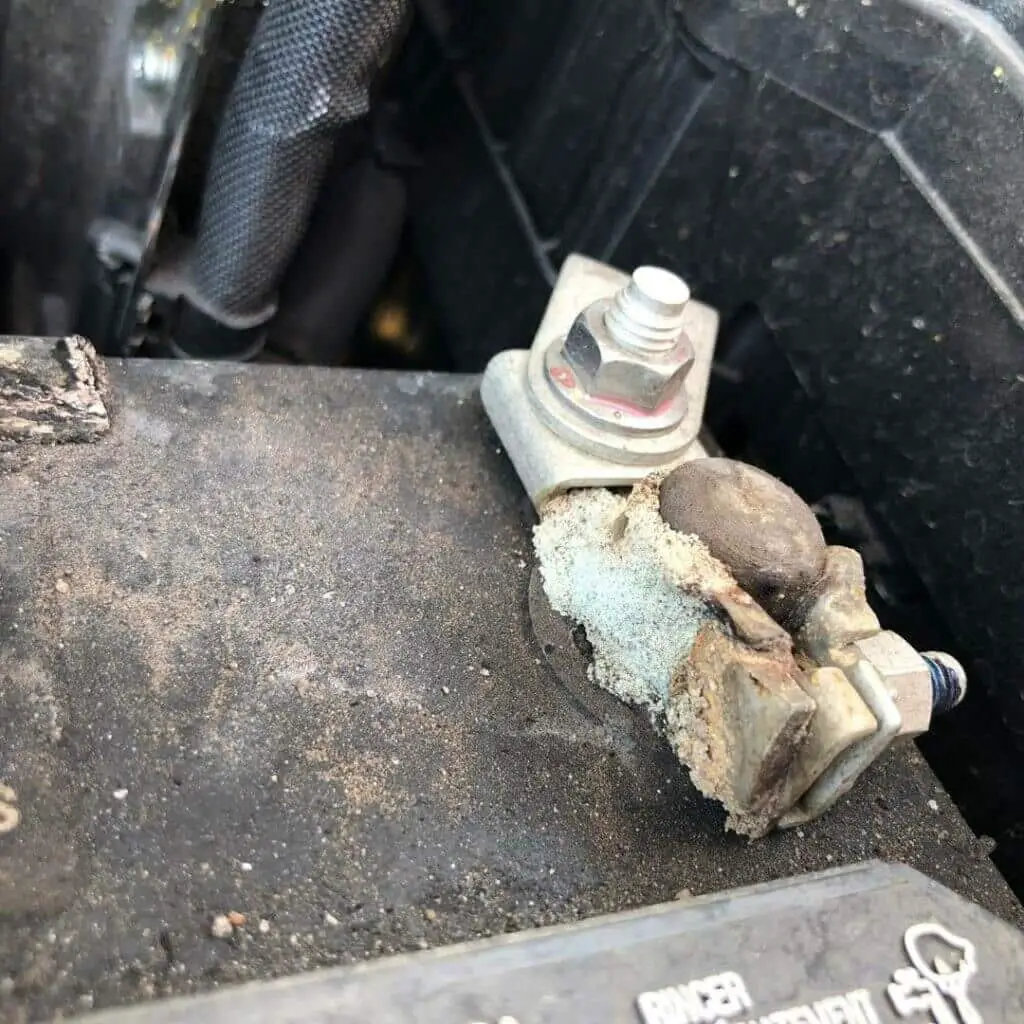One manufacturer produces both the TSI and TDI engine variants. The TSI turbo petrol engine and the TDI turbo diesel engine are both commonly found in VW vehicles. Consequently, the question of which is superior is raised TSI vs TDI?
Both engines, despite their differences, are utilized in smaller automobiles. They are frequently provided options in the VW portfolio and feature similar technology.
TDI vs TSI Performance
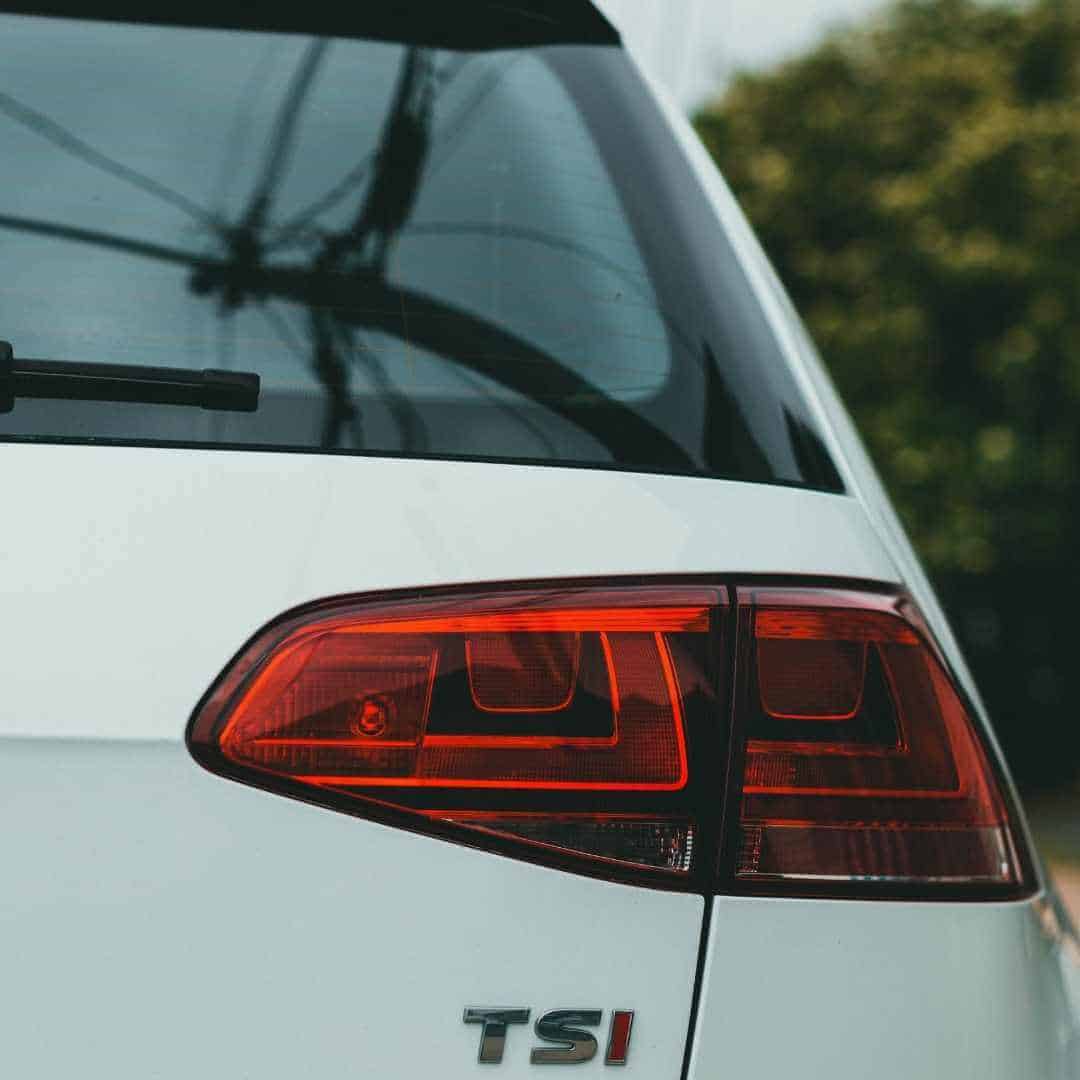
Based on the real world comparison, it is safer to claim that the TSI is the ideal choice if you require a quick, lightweight vehicle with excellent acceleration at a reasonable price. On the other hand, the TDI engine is the best option if you need a powerful car with improved fuel efficiency and a long lifespan.
There is no one metric that defines the difference between TSI and TDI. They are already divided by the use of different types of fuel. If you prefer gasoline, choose a TSI; if you adore diesel, choose a TDI.
However, a more thorough breakdown is required to compare the two technologies. Let’s begin with the TSI, then. [1]
TSI- Turbo Stratified Engine
The Volkswagen-developed TSI stands for Turbo Stratified Engine. It creates a compact but potent turbocharged petrol engine by combining the technologies of TDI and FSI (Fuel Stratified Injection) engines.
Direct fuel injection , which pumps fuel directly into the cylinder at a higher pressure, is used by TSI engines.[2]
The engine is thus this makes it possible for the engine to generate more power, torque, efficiency, and less hazardous emissions. The TSI powerhouse outperforms the outdated MPI (multiple point injection) engines in every manner. Additionally, it has turbochargers and superchargers to provide a boost at both the low and high ends [3].
TDI- Turbo Direct Injection

On the other side, the TDI is a turbo-diesel engine. It’s been around for some time. 50+ automakers, including Audi, BMW, Alfa Romeo, Volvo, Hyundai, Honda, GMC, etc., have heavily utilized it. An added turbocharger turns a CRDI engine into a TDI engine. In addition, a turbocharged common rail direct injection system is present.
A turbocharger jamming produces a powerhouse that is not only outrageously powerful but also power-efficient in the air with an intercooler that cools it, direct fuel injection with CRDI’s capacity to inject multiple times in one stroke, and diesel fuel’s increased energy density [4].
Compared to CRDI engines, TDI engines can be built smaller because of the larger power and torque bandwidth. This aids in the production of cars with increased inside space.
After learning more about both engines, let’s examine some of their fundamental similarities and differences.
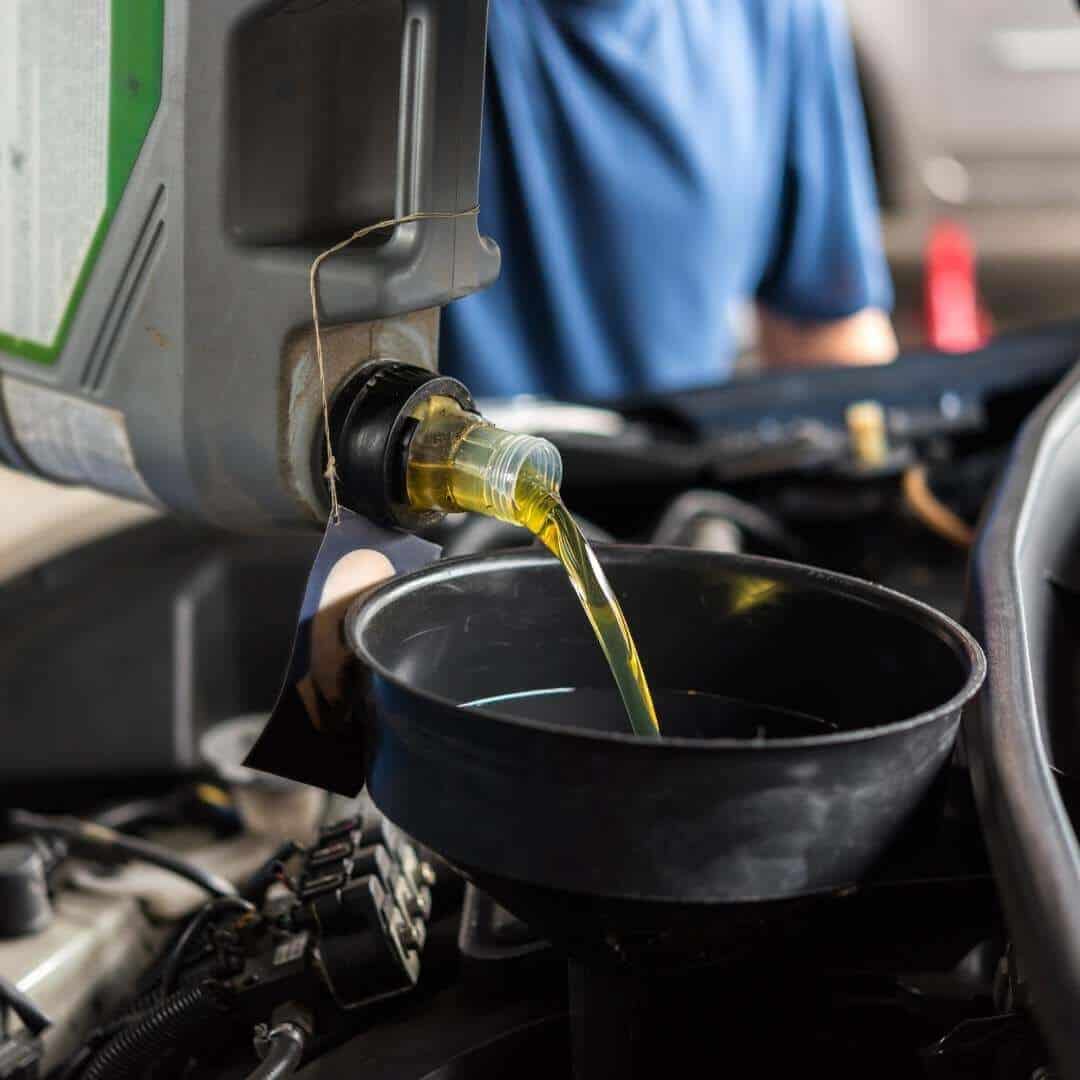
The following characteristics of the TSI and TDI engines are shared:
- Both are turbocharged and have an intercooler;
- The same company, Volkswagen, produces both of them.
- Both engines use direct fuel injection.
- Both engines feature a compact design,
- Higher power output, and a reputation for being extremely efficient.
Difference between TSI and TDI:
- Only TSI engines are equipped with superchargers.
- TSI is less expensive and lighter than TDI.
- The horsepower of TSI engines is likewise higher. TDI, a diesel engine, however, generates higher torque.
- TSI engines are exclusively available in VW automobiles. Major auto manufacturers use TDIs.
- TSI engines tend to be lower in size, with most having 1.0L, 1.4L, or 2.0L capacities, whereas TDI can have up to a 4.0L V8 Turbo.
Below is a list of 6-point comparisons between TSI and TDI so you can make a better decision if that isn’t enough.
Available Engine Options for TDI vs TSI
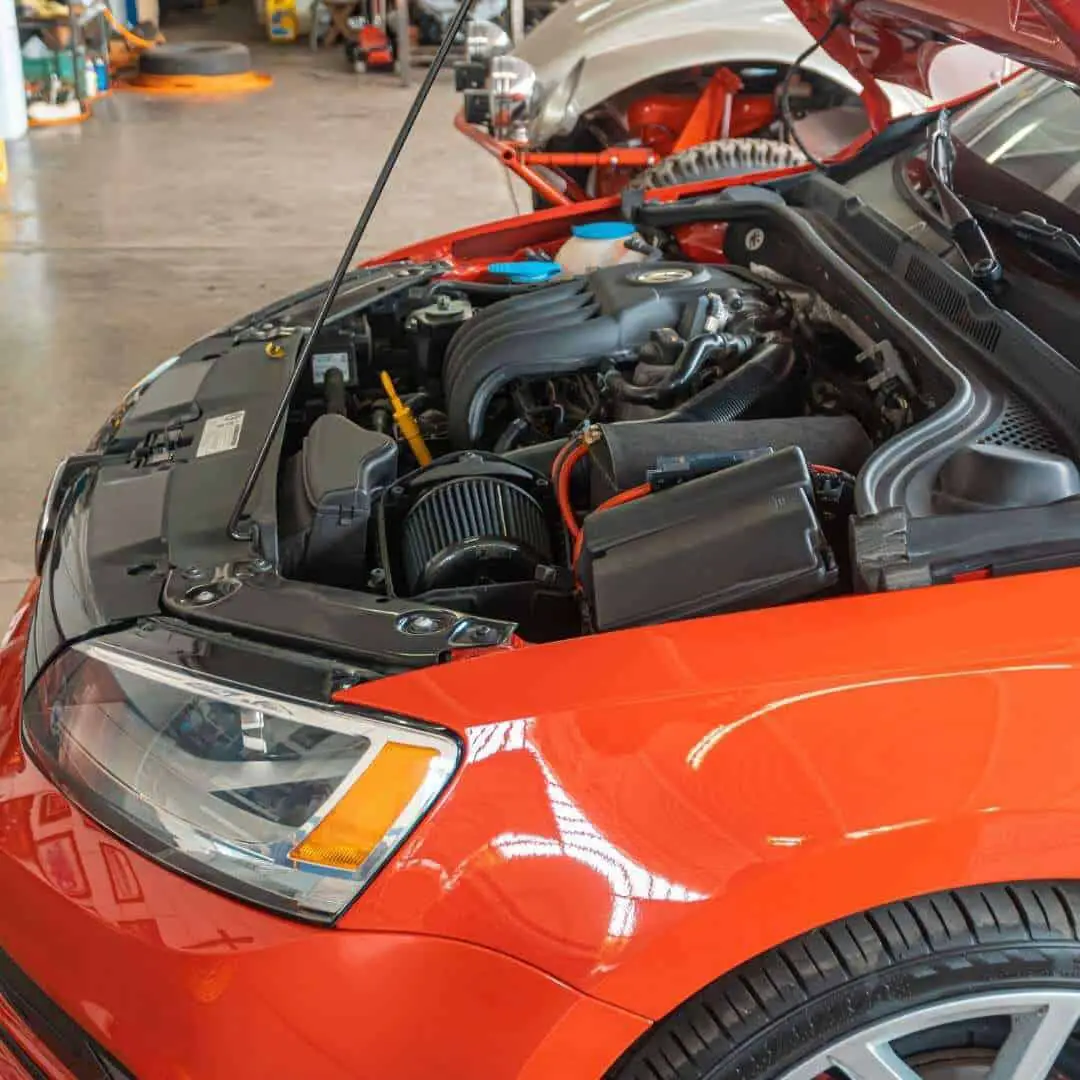
VW has produced a sizable number of TSI engines. The Skoda Fabia, Seat Arona, and VW T-Cross all employ the 1.0L 3-cylinder engine, the smallest one available. It has 109 horsepower at 5000 rpm [5]. Similar power output is produced by a 4-cylinder, 1.2 L TSI engine. The earlier Polo GT TSI featured this engine.
The VW Jetta, Polo, Passat, T-cross, and Tiguan all have TSI engines with displacements of 1.4, 1.5, 1.8, and 2.0 liters. However, the VW Touareg’s 3.0L V6 engine is the largest TSI engine. It generates 550 Nm of torque and 240 HP.
The VW TDI engines’ displacement is comparable to the TSI’s. In contrast to TSI, VW has produced a larger TDI engine, including a 6.0 V12 utilized in the Audi Q7 from 2007 to 2012. The largest TDI available is a 415 horsepower, 4.0L V8 engine found in the VW Touareg and the Audi SQ7.
Additionally, TDI offers several smaller engines, including 3-cylinder 1.2 L and 1.4 L engines. 80-100 hp 2.5L five-cylinder, 2.7L, and 3.0L V6 engines, as well as 1.5, 1.6, 1.9, and 2.0 liter four-cylinder models.
Lifespan
A properly maintained TSI engine has a 150,000-mile range. A TDI engine can readily cover an easy 300,000 miles, and some TDI engines may even reach 500,000 miles [6].
Volkswagen is renowned for producing strong engines, whether TSI or TDI. The best technology is used, and it is of the highest caliber. But the type of fuel also affects how long an engine lasts.
A TSI engine typically has a 150,000-mile rating. After 200,000 miles, with proper maintenance, the engine might require some attention. However, because it is a gasoline engine, TSI is very simple to maintain and fix.
But TSI seems to be less resilient than a diesel lifetime. A diesel engine’s typical rating is 300,000 miles. However, TDI engines have survived for 30 years or 500,000 miles. Compared to TSI engines, TDI engines also require less upkeep and repairs. But boy, are they expensive.
Fuel-Efficiency
The fuel efficiency of a TSI engine is one of its main advantages. Direct fuel injection and a turbocharger increase engine efficiency because they create greater power with less fuel wasted and better combustion.
The fuel efficiency of a TSI engine is excellent, averaging 30 to 40 mpg [7]. You can get the most fuel efficiency by driving more slowly during your journey. However, you obtain an average of 40 to 60 mpg with the TDI. Diesel engines are inherently more fuel-efficient since they create 20% more energy than petrol engines.
On highways, nevertheless, this distinction is most noticeable. Because of their superchargers, TSI engines are ideal if your main goal is city driving.
Reliability
A TDI engine often requires less maintenance and is more dependable. Although a TSI engine is less reliable, it does require some maintenance and is less expensive to repair.
As was already mentioned, TDI engines are reliable. They rarely experience engine issues and don’t break down readily. However, while the engine block or pistons last a lifetime, the injection system and electronics have frequent failures. Timing belt and head gasket problems, which result in oil leaks, can also clog EGR valves.
Although these issues won’t cause your engine to seize, they will make the ride uncomfortable and the repairs pricey. For instance, a new head gasket costs between $150 and $2000 [8]. In addition, the TDI injector costs $200 to purchase.
The TSI engines experience some typical issues as well. Timing chain tensioners, clogged fuel injectors, broken PCV valves, and high-pressure fuel pumps are the most common problems. However, TSI engine repairs are less expensive than those for TDI engines.
Performance
Although TSI and TDI turbo engines are both turbo engines, TSI engines perform better overall. They outperform TDI engines in acceleration, weight, and RPM range. Additionally, TSI engines have higher top speeds and more horsepower.
Although TDI engines, which are diesel ones, provide more torque, their available RPM range is quite limited. In addition, their acceleration is decreased by their weight. As a result, they generate less horsepower as well.
Even though the current Polo TDI and TSI produce the same amount of power—108 horsepower—the TSI accelerates from 0 to 60 mph in 4 seconds less. Additionally, it is lighter, produces less torque, and has a top speed of 121 mph as opposed to the TDI’s 113 mph.
Simply put, a TSI engine is a powerful engine best used in urban environments. However, the TDI’s considerable torque makes it the ideal ride for highways.
Maintenance
The TSI is the more demanding engine between the TDI and TSI. When compared to TDI, this engine requires maintenance more frequently.
To begin with, VW engines require little maintenance. According to VW, any engine you use should undergo maintenance once every 7,500 miles. The typical maintenance schedule for engines involves changing the oil and oil filter every 7,500 miles, as well as the timing belts, spark plugs, and transmission fluid every 20,000 miles. A TSI engine’s typical maintenance costs range from $300 to $500.
However, the TDI only needs maintenance every 10,000 miles or once a year [9]. Changing oil and oil filters is part of routine maintenance, and an engine examination is done every 40,000 miles. The engine’s maintenance cost is under $200, barring serious issues like a head gasket or ignition coil failure. It lowers the maintenance cost of TDI.
Conclusion
Even though most modern TSI engines can achieve an outstanding fuel economy of 45 mpg or more, they often perform worse than TDI engines, some of which can reach over 65 mpg. However, compared to petrol-powered vehicles, diesel vehicles are typically more expensive to purchase initially and come with additional problems and tradeoffs.
Your annual mileage and the purposes for which you use your car will determine which engine is ideal for you. Therefore a TSI petrol engine might still be the better choice for you.

